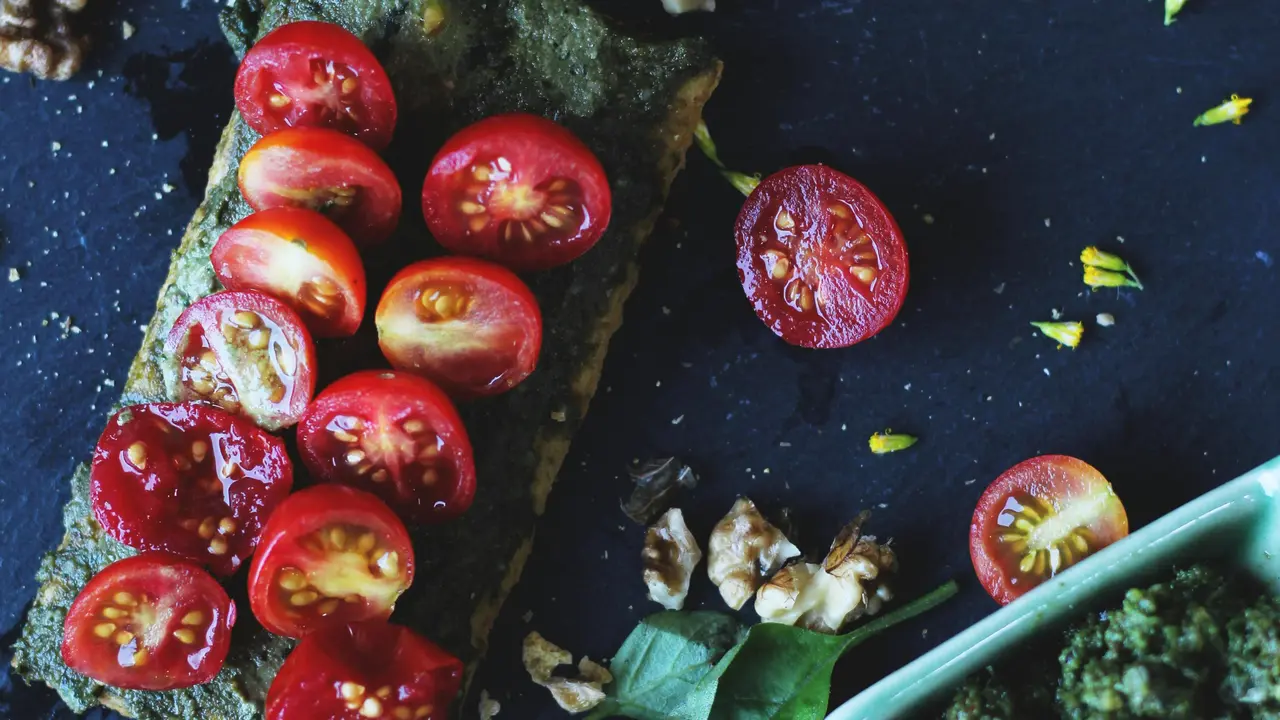Are you curious about how much caffeine in a can of Diet Mountain Dew? This popular beverage is known for its refreshing taste, but many fans also want to know its caffeine content. In this article, we’ll explore the caffeine levels in Diet Mountain Dew, compare them to other drinks, and provide you with important information to help you make informed choices about your caffeine intake. Let’s dive in!
Understanding Caffeine Levels: How Much Caffeine in a Can of Diet Mountain Dew?
Caffeine Content in Diet Mountain Dew
A standard 12-ounce (355 mL) can of Diet Mountain Dew contains approximately 54 milligrams of caffeine. This amount can vary slightly depending on the specific formulation or packaging, but it is generally consistent across most varieties. Knowing how much caffeine is in a can of Diet Mountain Dew is crucial for those who monitor their caffeine consumption for health reasons.
Comparison with Other Soft Drinks
When comparing the caffeine content of Diet Mountain Dew with other soft drinks, it’s important to consider the following:
- Coca-Cola Zero Sugar: Contains about 34 milligrams of caffeine per 12-ounce can.
- Diet Pepsi: Has approximately 35 milligrams of caffeine in a similar serving size.
- Regular Mountain Dew: Packs a punch with about 54 milligrams of caffeine, similar to its diet counterpart.
From this comparison, it’s clear that Diet Mountain Dew holds a moderate caffeine level among popular diet sodas. This makes it a popular choice for those who enjoy a bit of energy without as much sugar.
The Effects of Caffeine: Why It Matters
Health Benefits of Caffeine
Caffeine is a stimulant that can offer several health benefits, including:
- Increased Alertness: Caffeine can help improve focus and mental clarity.
- Enhanced Physical Performance: Many athletes consume caffeine to boost their endurance and performance.
- Antioxidant Properties: Some studies suggest that caffeine may have antioxidant effects, potentially offering health advantages.
Possible Risks and Considerations
Despite its benefits, excessive caffeine can lead to negative effects such as:
- Increased Heart Rate: High caffeine intake can cause palpitations.
- Insomnia: Consuming caffeine too late in the day may disrupt sleep patterns.
- Jitters: Overconsumption can lead to anxiety and nervousness.
It’s best to enjoy caffeine in moderation to avoid these potential downsides. Always consider your personal tolerance and how different amounts might affect you individually.
Other Caffeine Sources to Consider
Coffee and Tea
When discussing how much caffeine is in Diet Mountain Dew, it’s helpful to compare it to caffeine found in coffee and tea:
- Regular brewed coffee: Contains about 95 milligrams of caffeine in an 8-ounce cup.
- Black tea: Has approximately 40-70 milligrams of caffeine per 8-ounce cup.
- Green tea: Typically contains 20-45 milligrams per 8-ounce cup.
Energy Drinks
Energy drinks often have higher caffeine levels, making them a considerable alternative:
- Monster Energy: Can contain up to 160 milligrams of caffeine per 16-ounce can.
- Red Bull: Offers about 80 milligrams of caffeine in an 8.4-ounce can.
For those monitoring their caffeine intake, it’s crucial to be mindful of these alternatives.
Final Thoughts on Diet Mountain Dew and Caffeine
Why Choose Diet Mountain Dew?
Diet Mountain Dew is a suitable option for those who enjoy the fizzy refreshment of soda while seeking lower-calorie alternatives. With its moderate caffeine content, it strikes a balance between taste and energy enhancement without the added sugar found in regular sodas.
Make Informed Choices
Understanding how much caffeine is in a can of Diet Mountain Dew allows you to make informed decisions about your beverage choices. Always consider your personal caffeine preferences and health needs when selecting drinks. Whether you’re reaching for a cold can of Diet Mountain Dew or another caffeine source, knowing the facts can help you enjoy your beverages responsibly.
In conclusion, Diet Mountain Dew offers about 54 milligrams of caffeine per 12-ounce serving, providing a refreshing, low-calorie option for those looking for a caffeinated drink. With comparisons to other soft drinks, coffee, and energy drinks, it’s essential to monitor your caffeine intake for optimal health. If you found this information helpful, feel free to share this article or explore more of our content on related topics!
Diet – Recent Articles
- Unlocking the Secrets: What Is a White Diet?
- Does Diet Coke Make You Constipated? Find Out the Truth!
- Why Does Diet Coke and Mentos React? The Surprising Science!
- Can You Eat Sourdough Bread on a Diet? Discover the Truth!
- Does the Carnivore Diet Increase Testosterone? Find Out Now!
Diet – Useful Links
- Harvard T.H. Chan – Diet Reviews
- CDC – Healthy Eating Tips
- MedlinePlus – Nutrition
- American Heart Association – Diet and Lifestyle Recommendations
- Mayo Clinic – Healthy Diets
